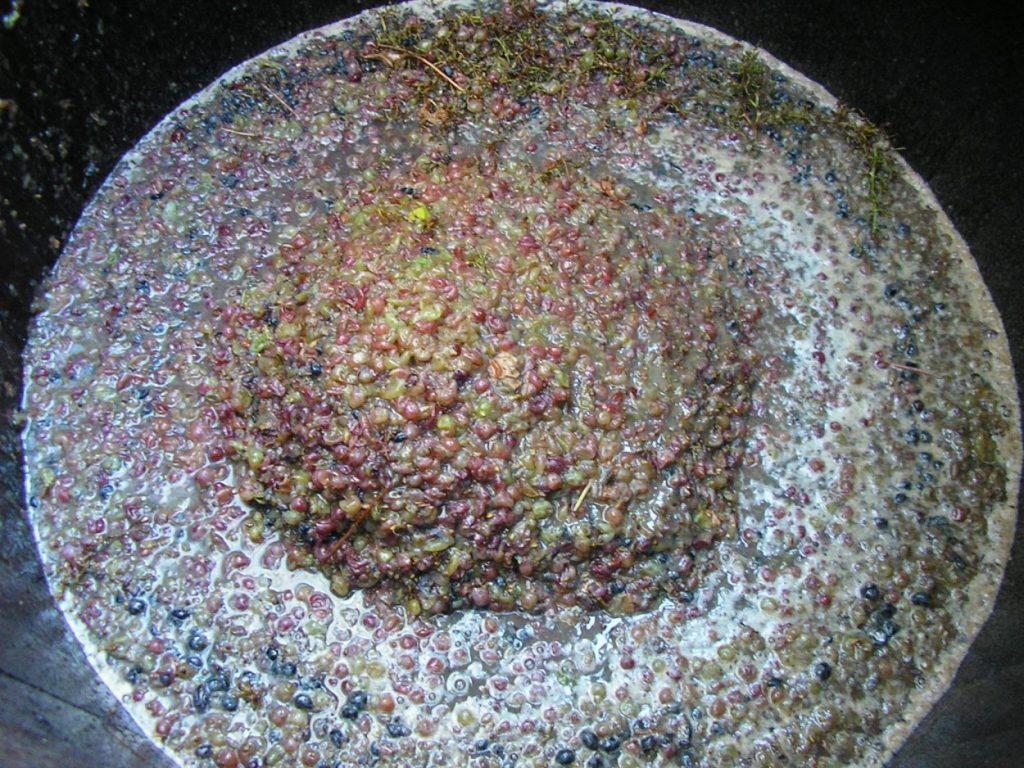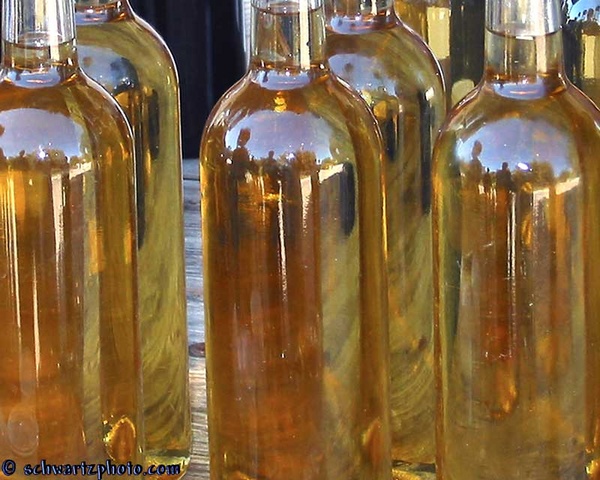Corfu Wines!
Famous through the centuries!
Corfu has been famous for its wines throughout the centuries. The wine of the Phaeakeans was praised by Homer in the Odyssey and the Corfiots have been producing wine ever since.
Especially before the massive planting of olive trees by the Venetians, Corfu used to be largely covered by vineyards. But, even though many vineyards had to make way for olive groves, wine is still being produced on Corfu. Local varieties include Kakotrygis, Petrokoritho and Skopelitiko. There are several small wineries on Corfu, producing wines in limited quantities but of a very high quality. One of them is the Theotoky Estate in the Ropa Valley.
On the other hand, most Corfiot homes produce their own wine at home with traditional methods. The method of wine-making has been preserved by the elders who educate the younger ones, and follows a process that is slightly different than the one described in winemaking manuals worldwide. First of all, many different sorts of grapes are used in homemade wine, depending on what’s available. Most of the grapes are white, but if there are also red grapes, they are usually mixed with the white ones. The grapes are crushed into a big container and as soon as the juice comes in contact with the yeasts that live on the grape peels, the fermentation begins and the sugars in the juice are turned into alcohol by the yeast, releasing CO2 in the process. That’s the bubbles you can see in the picture.
The difference is that in the “french method” of making white wine, the juice is immediately separated from the peels. Here, everything is left to ferment together for 2-5 days, depending on the weather. In this way, substances from the peels are extracted into the wine. As a result, Corfiot white wine is usually a slightly orange colour, as opposed to the pale white of most white wines. The reason this method is probably used (as I learned from a vinologist friend) is that wine produced in such a fashion is “stronger” in the sense that some substances help to preserve the wine and prevent it from going sour! After those 2-5 days, the juice is put in barrels, the grapes are pressed to get all juice out and the wine is left to mature. After 40 days the wine is already drinkable, but the next summer it is at its best!
Anyway, if you are in Corfu in September it’s certainly worth while visiting one of our wineries or, even better, helping someone from the village in making their wine. It’s a unique experience and it’s undoubtedly true that wine you helped make tastes better than any other wine!
It is now possible to buy Corfu wines online!


